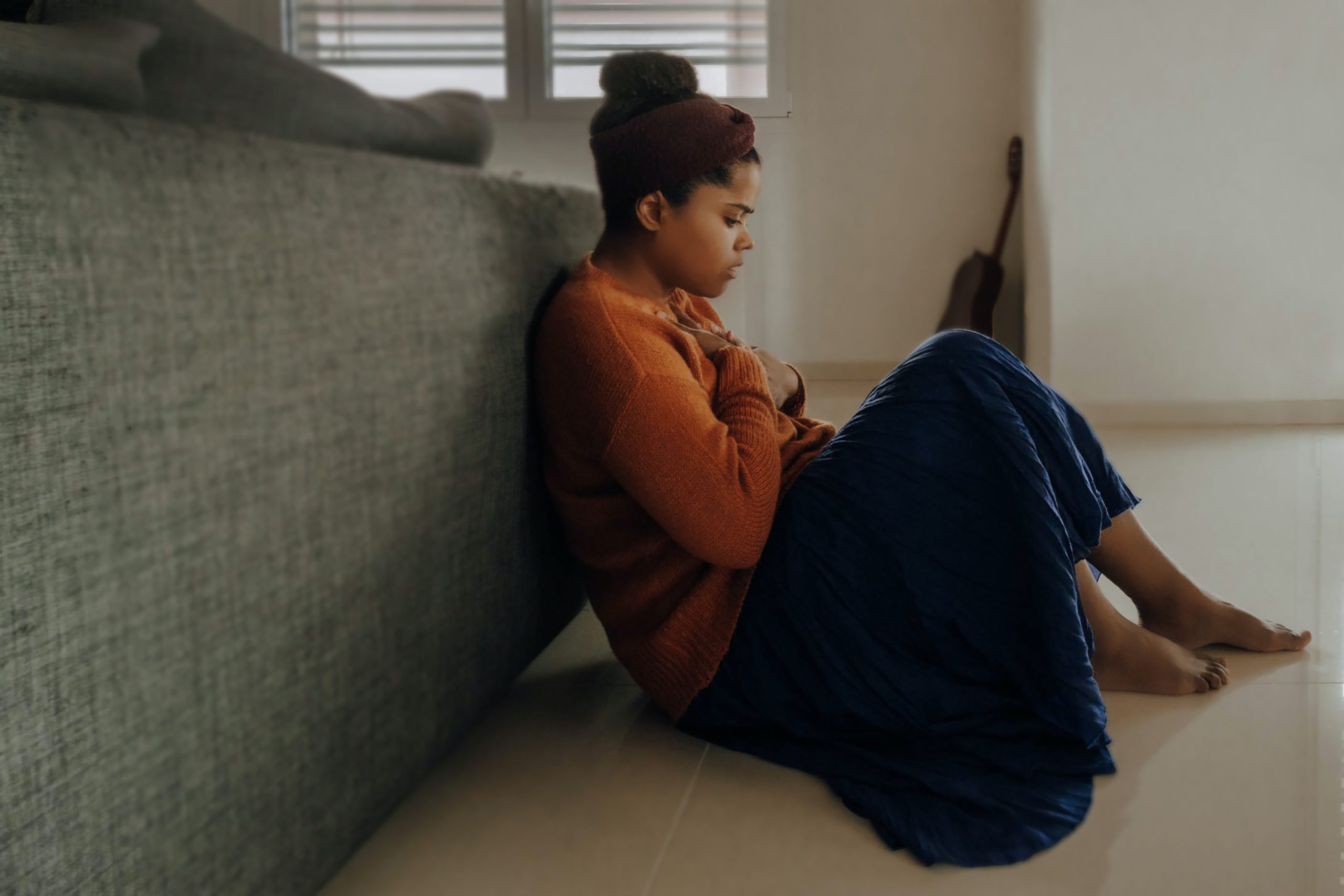
People often get their wires crossed when it comes to telling OCD and anxiety apart, and that’s because of their overlapping similarities.
SHARE THIS ARTICLE
People often get their wires crossed when it comes to telling OCD and anxiety apart, and that’s because of their overlapping similarities.
You’ve probably come across these questions: “Is OCD an anxiety disorder?” or “Can anxiety turn into OCD?”
Keep reading this article to gain clarity on the distinguishing aspects of these mental health conditions.

Think of anxiety as a huge box with many little compartments or rooms in it. These rooms can be divided into the anxiety disorder box, the panic disorder box, the social anxiety disorder box, and so on.
Anxiety symptoms include chronic worrying, being gripped by fear, and apprehension.
On a base level, OCD is identified by ongoing unwanted thoughts (obsessions) and repetitive compulsions. Some factors that may lead to OCD include:
While anxiety and OCD may have different underlying causes, they often coexist.
Each condition has different characteristics to help you distinguish them. Here they are below.
Anxiety disorders often involve a broader range of worries and fears that may not be linked to specific actions or rituals.
It contrasts with OCD, where people are prone to hyperfocus on specific thoughts or fears, which progresses to compulsive behaviors.
As we’ve established, anxiety disorders can be initiated by a wider range of situations or events than OCD, and the triggers may not always be specific or linked to an obsession or compulsion.
An OCD attack is often triggered by specific thoughts, images, or situations that provoke anxiety.
Both anxiety and OCD can significantly impact daily life but in distinct ways.
Anxiety causes you to feel constantly on edge and is coupled with physical symptoms like a rapid heartbeat or sweating.
OCD tends to consume a significant amount of time and energy because people with this condition feel compelled to perform their rituals.
Treatments for OCD and anxiety have differences. Learn which treatments are better suited to which condition.
This therapy uses exposure and response prevention (ERP), which means gradually exposing the person to their fears or obsessions and then putting measures in place to prevent their usual compulsive response.
Exposure therapy is beneficial in treating anxiety. It usually involves the following:
In some cases, medication may be prescribed alongside therapy for OCD. A qualified mental health practitioner may prescribe the right medication for you after a thorough assessment.
Medication can boost your brain’s serotonin levels, which will help calm your OCD symptoms and bring them down to a more manageable level.
Doctors may also prescribe medication to treat anxiety disorders. In fact, it may be required when the symptoms are severe.
But for both anxiety and OCD, medication alone may not work forever. They’re best used together with therapy.
With the benefit of the most progressive treatments for various mental health disorders, our team at Neurospa is here to help you through your mental health journey.
Neurospa will first assess your needs in detail. Only after that will you get a safe, tailored treatment for your specific mental health condition. You can put your mind at ease knowing that the best mental health experts are in your corner.
Schedule an appointment with our Neurospa team to start the journey towards change today.
In times of crisis, your safety and well-being are of utmost importance. If you or someone you know is struggling with active thoughts of self-harm or suicide, please remember that help is available. Reach out to emergency services immediately by dialing 911, or contact the National Suicide Prevention Lifeline at 1-800-273-TALK (1-800-273-8255) for compassionate support, guidance, and resources. Remember, you are not alone, and there are people who care and want to help you through this difficult time.

Transcranial magnetic stimulation (TMS) is a non-invasive procedure that uses a magnetic field to stimulate nerve cells in the brain. This treatment has been found to be effective in treating a variety of conditions such as depression, anxiety, and chronic pain.
By providing your email address, you agree to receive marketing messages as per our Terms of Use, Privacy Policy, and Notice of Privacy Practices